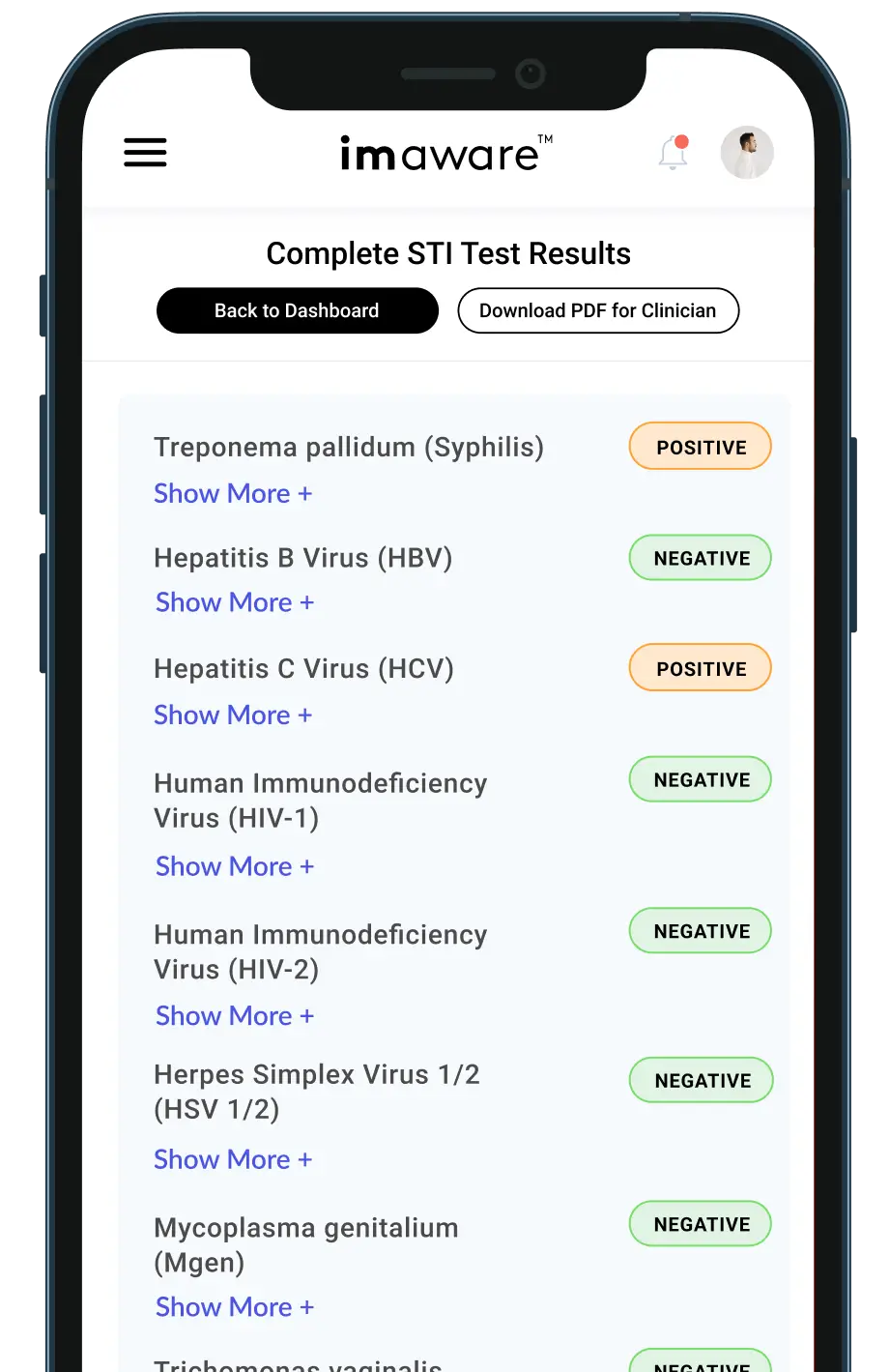Staying up to date on your STI status is essential for everyone who is sexually active. The minimum frequency recommended for STI screening by the Centers for Disease Control (CDC) is every 12 months, so consider adding this to your annual health checkup. Individuals at higher risk based on certain criteria, such as the type of sexual activity engaged in, number of new partners or regularity of unprotected sex, are advised to increase testing frequency to at least every 3 or 6 months. If you are experiencing any of the following symptoms or meet any of the conditions below, you should pursue testing:
- Unusual genital or anal discharge
- Pain during urination, bowel movements or intercourse
- Increased frequency of urination
- Lower abdominal pain
- Itching, rashes, lesions or blisters on or around genitals
- Having unprotected sex
- Starting a new relationship
- Partner reports that they have an STI
That said, many STIs are asymptomatic, and with the current spike in cases, it is as important as ever to protect yourself and others by being aware and conducting regular screenings.










